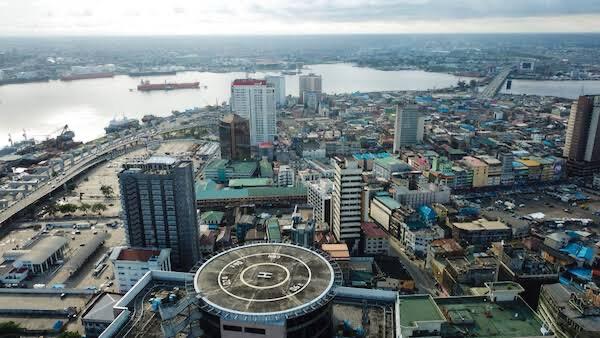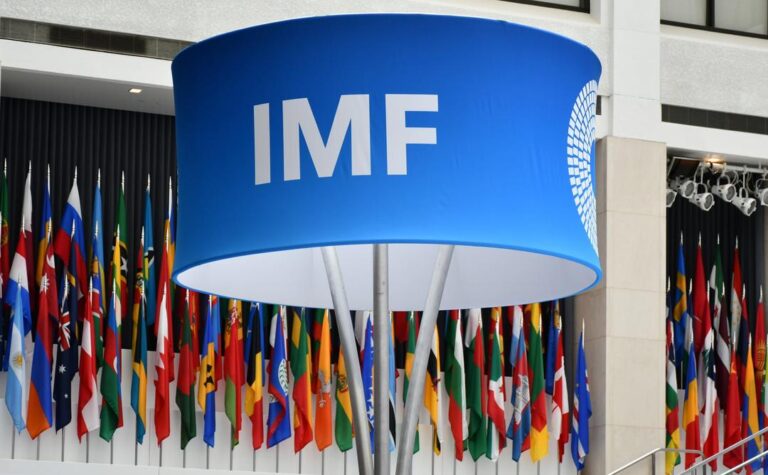Lagos, 12 sept – Nigeria’s recent streak of meeting its crude oil production quota was broken in August as output dipped below the target set by the Organization of the Petroleum Exporting Countries (OPEC).
The decline to 1.434 million barrels per day (bpd) in August from July’s 1.507 million bpd raises concerns about Africa’s largest oil producer’s ability to maintain a consistent output level amidst ongoing operational and security challenges.
The shortfall, confirmed by OPEC’s latest monthly report, marks a reversal of the positive trend seen in June and July, when Nigeria met or slightly exceeded its quota for the first time in several months. August’s figure is the lowest recorded so far in 2025.
Industry analysts and officials point to a mix of factors responsible for the renewed decline. Primary among these are the persistent issues of crude oil theft and pipeline vandalism, which continue to plague the Niger Delta region.
The disruption caused by these activities not only reduces the volume of oil reaching export terminals but also forces temporary shutdowns for repairs and security reinforcement.
Furthermore, technical and operational issues at various oil terminals and production facilities contributed to the drop. While the government has made efforts to reactivate dormant fields and improve security, the vulnerability of the country’s oil infrastructure remains a significant impediment to sustainable production gains.

Crude oil export is Nigeria’s largest source of foreign exchange and it accounts for 80% of the west African country’s exports, a decline in production is a direct threat to the national budget as the government is counting on high production and crude sales to fund its budget.
With the 2025 budget based on a production benchmark of 2.06 million bpd, the consistent struggle to meet even the lower OPEC quota poses a risk to revenue projections and overall economic stability.












